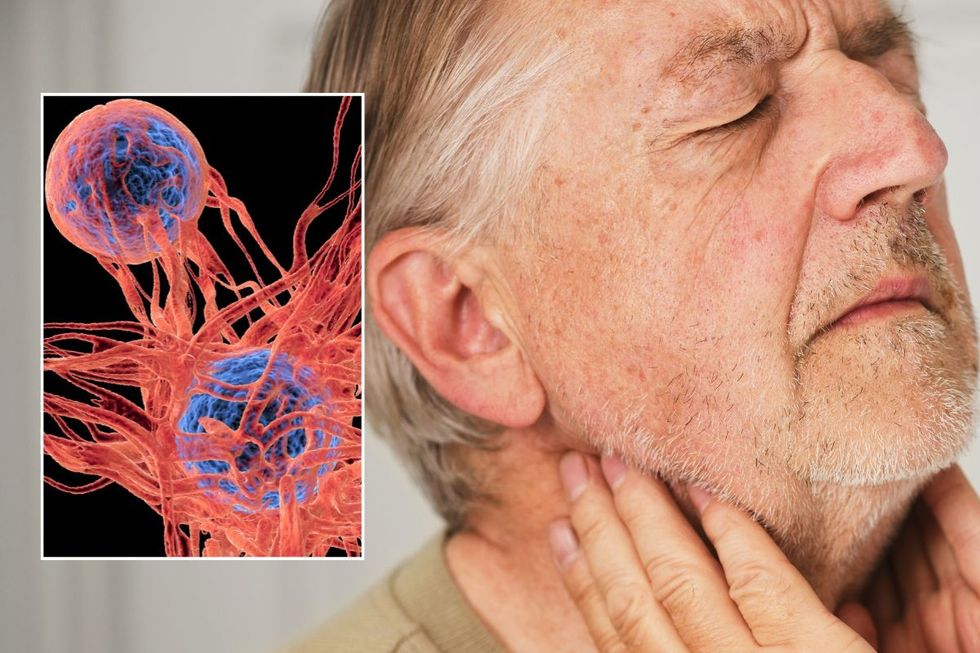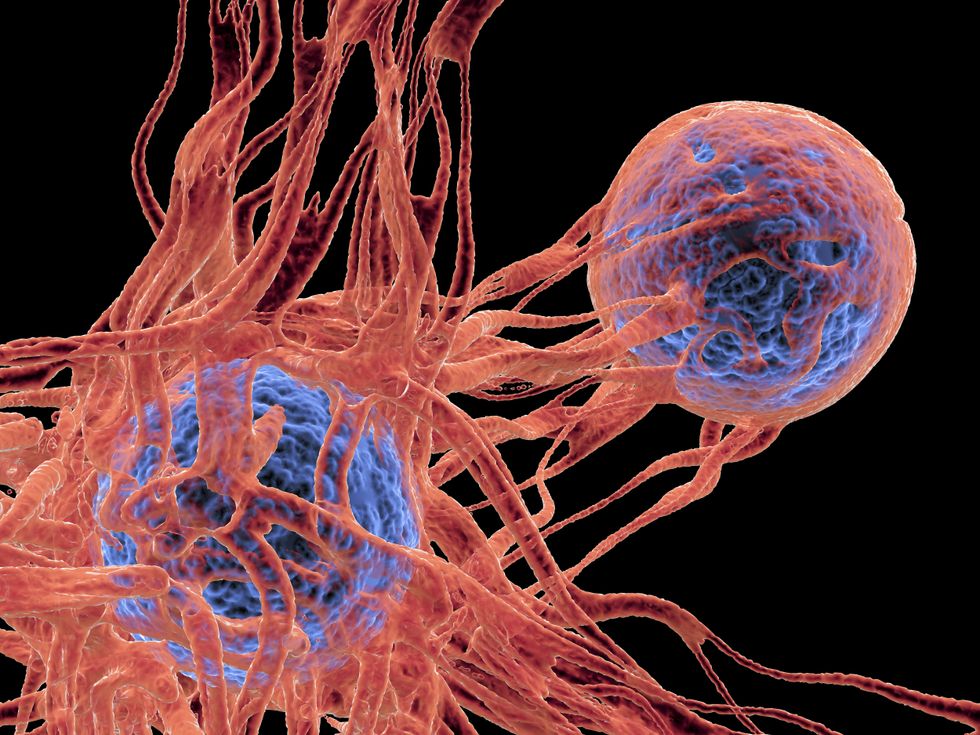'Hidden and mistaken': Oncologist urges men not to ignore 5 signs as figures reveal reluctance to see GP

What appears to be routine discomfort may signal severe underlying conditions, an expert has warned
Don't Miss
Most Read
Medical professionals are sounding the alarm over male reluctance to seek medical care, highlighting potentially fatal consequences of delayed diagnoses.
The warning comes as recent figures reveal a stark gender gap in healthcare engagement that has oncologists particularly concerned.
The disparity in medical consultations between genders has reached troubling levels, with experts warning that serious illnesses, including cancer, may go undetected until advanced stages. This pattern of avoidance could prove deadly for men who dismiss seemingly minor symptoms.
Consultant Urologist at The Focal Therapy Clinic, Marc Laniado, told GB News that what appears to be routine discomfort may signal severe underlying conditions requiring immediate attention.

Several warning signs demand urgent medical assessment
|GETTY
He told GB News: "Some of the common symptoms we tend to see that could be signs of cancer are persistent fatigue, unexplained weight loss or bleeding, pain, or changes to bowel or bladder habits, and finding a lump where there shouldn't be one.
"Hidden symptoms we tend to see in men with prostate cancer may include slow flow and getting up at night to pee.
"However, these symptoms are usually caused by prostate enlargement, other noncancer causes, or sometimes by a combination of prostate enlargement and cancer.
"Other symptoms of prostate cancer sometimes include problems with erections and blood in the urine.
"Because symptoms are often hidden or mistaken for other conditions, regular check-ups and talking with a doctor about testing are important, especially for those at higher risk. Early detection makes treatment options simpler and outcomes better, even in men aged 70 or more!"
Government health survey data reveals that merely 33.5 per cent of males sought GP consultations within the previous four weeks, either for personal health concerns or on behalf of household members. This figure stands in sharp contrast to 45.8 per cent among females during the same period.
Dr Jiri Kubes, a radiation oncologist at the Proton Therapy Center, expressed concern about the statistics.
"We know men are less likely to book in to see their GP, and these latest figures show this is a continuing trend," he stated.
The reluctance to seek medical advice means potentially serious conditions may progress undetected, with cancer diagnoses occurring at later, less treatable stages.

Unexplained weight loss should always be discussed with a doctor
|GETTY
Any abnormal swellings or masses appearing on the body require immediate medical assessment.
"Any unusual swelling, lumps or bumps anywhere on the body should not be ignored," Dr Kubes noted. "There could be a very innocent explanation, or it could be something serious that needs attention."
"Having a sore throat for longer than three weeks is worthy of a call to your GP," he added. "If it's accompanied by hoarseness or difficulty swallowing, then it could be an early sign of throat cancer."
Alterations in urination patterns may signal urological malignancies, with Dr Kubes noting: "Changes in urinary flow - whether it's a weak stream, difficulty starting, or the sensation of incomplete emptying - are symptoms we routinely investigate for urological cancers."











